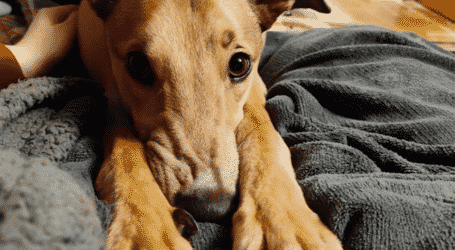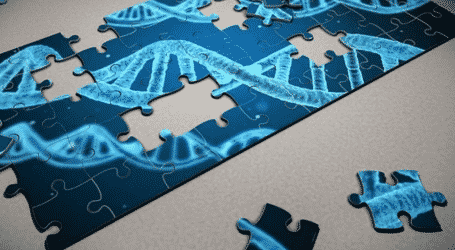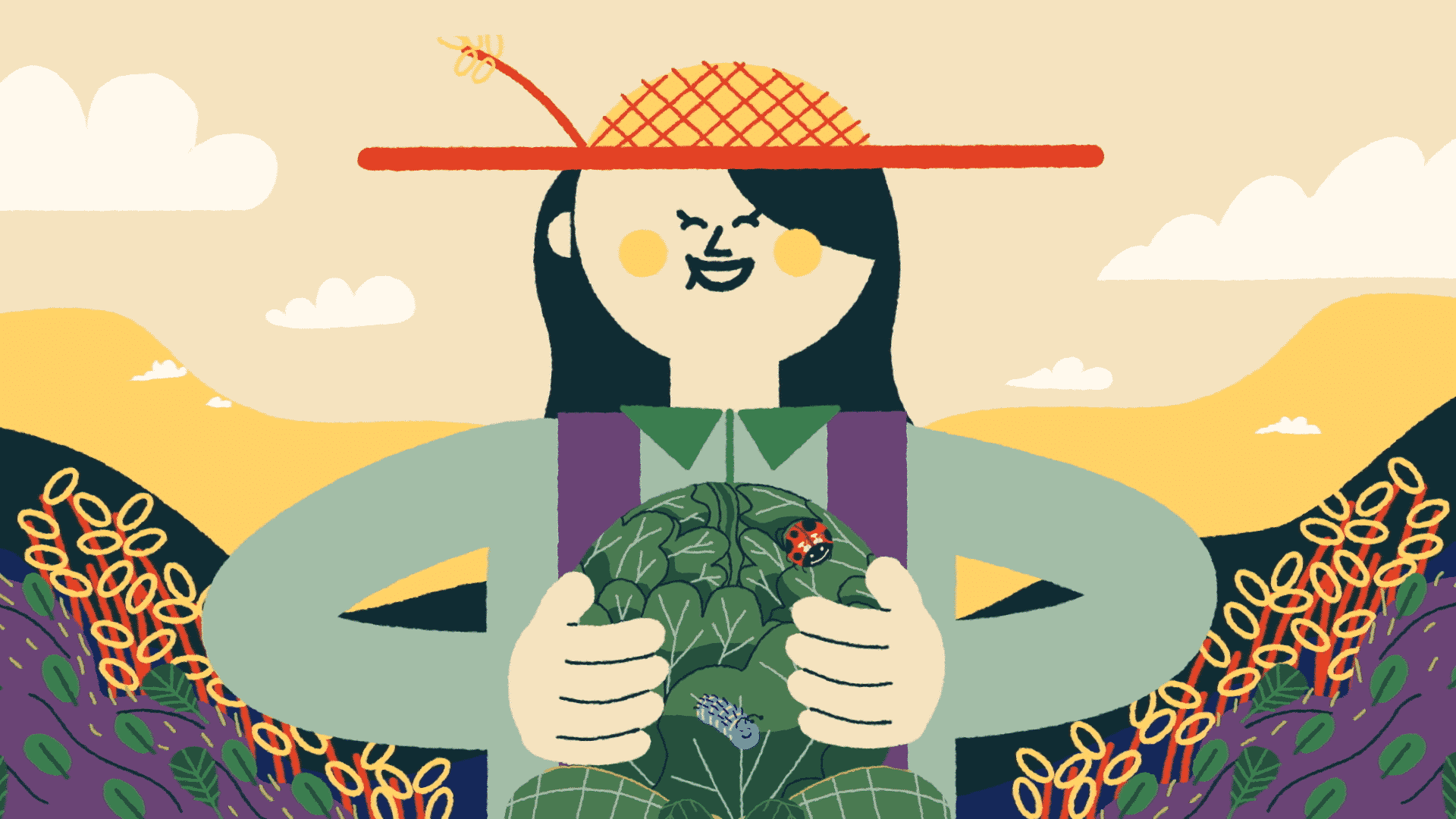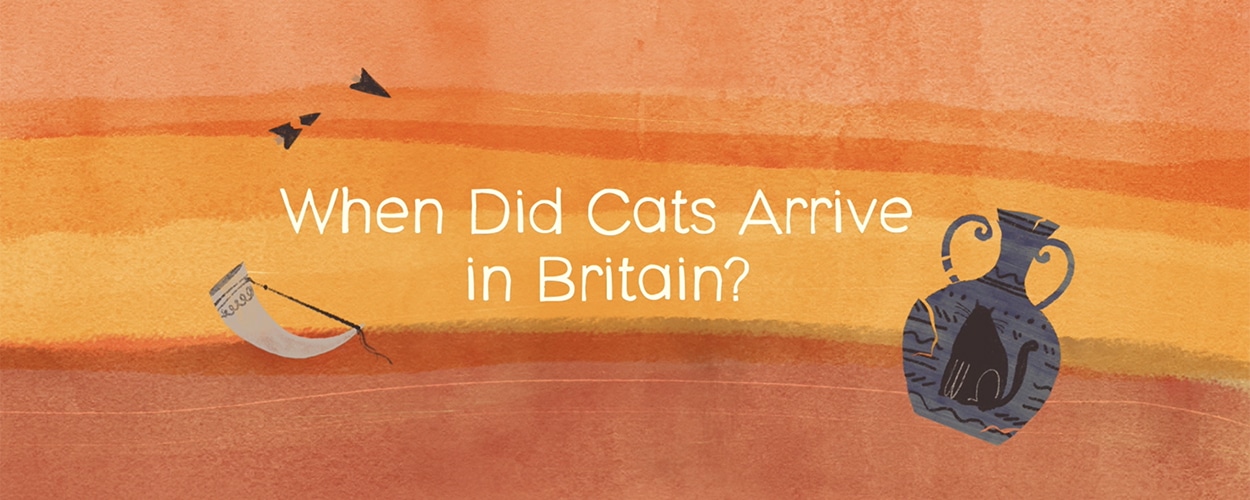Science is everywhere...
start here
Media

When did dogs become our best friends?
In this year’s Valentine’s episode, we’re exploring that most special of relationships. That’s right – the one between us…
New
Most Popular

Should we edit genes to make nicer people?
Is it possible to edit someone’s genes before they are born to make them a nicer, kinder, more moral…
New
Most Popular

Changing plant chloroplasts to improve crop performance
Chloroplasts are tiny protein-filled units within plant cells. As well as being responsible for photosynthesis, they are critical to…
New
Most Popular

When did cats arrive in Britain?
Sunning themselves outside or curled up on our sofas …many of us have a pet cat in our homes.…
New
Most Popular
